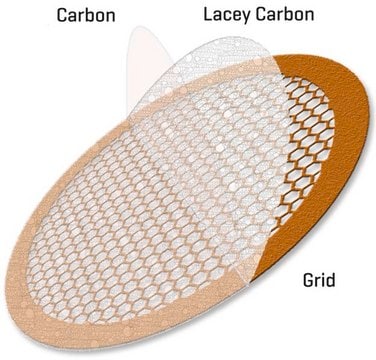O4709
2-Octanone
reagent grade, 98%
Synonym(s):
Hexyl methyl ketone
Sign Into View Organizational & Contract Pricing
All Photos(2)
About This Item
Linear Formula:
CH3(CH2)5COCH3
CAS Number:
Molecular Weight:
128.21
Beilstein:
635843
EC Number:
MDL number:
UNSPSC Code:
12352100
PubChem Substance ID:
NACRES:
NA.22
Recommended Products
grade
reagent grade
Quality Level
Assay
98%
refractive index
n20/D 1.416 (lit.)
bp
173 °C (lit.)
mp
−16 °C (lit.)
density
0.819 g/mL at 25 °C (lit.)
SMILES string
CCCCCCC(C)=O
InChI
1S/C8H16O/c1-3-4-5-6-7-8(2)9/h3-7H2,1-2H3
InChI key
ZPVFWPFBNIEHGJ-UHFFFAOYSA-N
Looking for similar products? Visit Product Comparison Guide
Signal Word
Warning
Hazard Statements
Precautionary Statements
Hazard Classifications
Acute Tox. 4 Dermal - Flam. Liq. 3
Storage Class Code
3 - Flammable liquids
WGK
WGK 1
Flash Point(F)
132.8 °F - closed cup
Flash Point(C)
56 °C - closed cup
Personal Protective Equipment
dust mask type N95 (US), Eyeshields, Gloves
Choose from one of the most recent versions:
Already Own This Product?
Find documentation for the products that you have recently purchased in the Document Library.
Customers Also Viewed
J S Hosler et al.
The Journal of experimental biology, 203(Pt 18), 2797-2806 (2000-08-23)
Recent studies of olfactory blocking have revealed that binary odorant mixtures are not always processed as though they give rise to mixture-unique configural properties. When animals are conditioned to one odorant (A) and then conditioned to a mixture of that
Jian Hu et al.
Biotechnology letters, 28(14), 1115-1119 (2006-06-24)
An aqueous-organic biphasic system was established and used with whole cells of Oenococcus oeni to reduce 2-octanone to (R)-2-octanol. The conversion reached 99% when the Tris/borate buffer was increased from 50 mM to 300 mM in the aqueous phase. In
T R Gervais et al.
Biotechnology progress, 16(2), 208-212 (2000-04-08)
The effect of aeration during cell growth on the subsequent reduction of 2-hexanone and 2-octanone by yeast cells entrapped in calcium alginate beads was studied. The reactions were conducted using 2-propanol as a sacrificial substrate to regenerate the cofactor NAD(H)
M Krogh et al.
Journal of chromatography. B, Biomedical sciences and applications, 689(2), 357-364 (1997-02-21)
This paper describes microextraction and gas chromatographic analysis of diazepam from human plasma. The method was based on immobilisation of 1.5 microliters of 1-octanol on a polyacrylate-coated fiber designed for solid-phase microextraction. The solvent-modified fibre was used to extract diazepam
B H Smith
Behavioral neuroscience, 111(1), 57-69 (1997-02-01)
Studies of blocking between elements from the same stimulus modality elucidate how animals analyze such mixtures. Proboscis-extension conditioning of honey bees was used to examine the role of unconditioned stimulus (US) intensity in blocking in odorant mixtures. Several predictions from
Our team of scientists has experience in all areas of research including Life Science, Material Science, Chemical Synthesis, Chromatography, Analytical and many others.
Contact Technical Service












